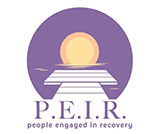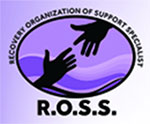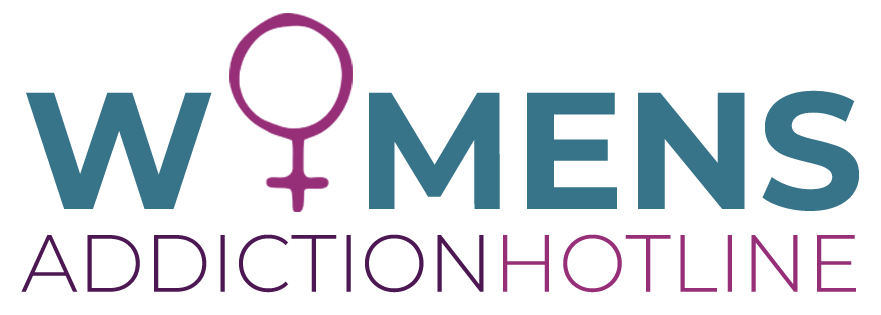Alabama Women’s Addiction Hotline
Alabama Women’s Substance Abuse Hotline
Alabama Women’s Drug & Alcohol Abuse Statistics
Substance abuse is a significant problem among women in Alabama, with 41% of adults seeking medical treatment for substance abuse[1]. This highlights the prevalence of substance abuse among women in the state. Substance abuse can have severe consequences on an individual’s physical and mental health, leading to a range of issues such as addiction, overdose, and death. The high prevalence of substance abuse among women in Alabama is a cause for concern, and it is essential to understand the factors contributing to this problem.
A report by SAMHSA found that excessive drinking was prevalent among 14.3% of women aged 18-44 in Alabama[2]. Additionally, the state’s death rate per 100,000 due to drug injuries among females aged 20-44 was 11.2[3]. The widespread availability of prescription drugs and opioids has contributed to the high rates of substance abuse among women in Alabama. This highlights the need for comprehensive substance abuse prevention and treatment programs tailored to women’s unique needs.
Several factors contribute to substance abuse among women in Alabama, including poverty, lack of access to healthcare, and systemic barriers[4]. Women who face these challenges are more likely to turn to substance abuse as a coping mechanism. A report by SAMHSA found that each year, 225,000 individuals aged 12 and older in Alabama were dependent on abused substances[1]. The most common treatments for substance abuse among women in Alabama were methadone, Narcotics Anonymous, inpatient programs, and outpatient programs[5]. Addressing these factors is crucial in reducing the prevalence of substance abuse among women in Alabama. In conclusion, substance abuse is a significant problem among women in Alabama, with high rates of alcohol, opioid, and prescription drug abuse. Poverty, lack of access to healthcare, and systemic barriers contribute to substance abuse among women in Alabama. Comprehensive substance abuse prevention and treatment programs tailored to women’s unique needs are necessary to address this issue and improve women’s overall health and well-being in the state.
References
1. Mental Health and Substance Abuse… retrieved from www.alabamapublichealth.gov
2. State Summaries Alabama | 2018 Health Of Women And …. from www.americashealthrankings.org
3. Explore Drug Deaths – Women in Alabama | AHR… from www.americashealthrankings.org
4. Policy, rural care gaps hurt Alabama women’s access to …. from alabamareflector.com
5. Substance Use Treatment Utilization Among Women With and …. from www.ncbi.nlm.nih.gov/pmc/articles/PMC9835749/

Women’s Substance Abuse Treatment Resources Alabama
Alabama Women’s Government Substance Use Treatment Services
Alabama Women’s Government Substance Use Treatment Services. The Alabama Department of Mental Health (ADMH) is responsible for the regulation of Alabama’s public substance use services delivery system. ADMH does not operate any substance use disorder programs; however, we contract with community-based entities throughout Alabama to offer outpatient and residential services. All state-funded providers offer services on a sliding fee scale which is based on income, resulting in low or no-cost services to persons with low income. Adult services are offered for those 18 and older. Alabama’s treatment providers offer withdrawal management (formerly known as detoxification), residential treatment, intensive outpatient treatment, outpatient treatment, and medication-assisted treatment. One or more of these services is offered in 59 of Alabama’s 67 counties.

People Engaged In Recovery Alabama
Alabama People Engaged In Recovery is a peer-run organization assisting individuals with a substance use disorder in obtaining and maintaining recovery. Are you or a family member struggling with addiction or in need of support? Addiction is a disease, not a moral failing. Call us today and talk with one of our Certified Recovery Support Specialists. P.E.I.R. is a recovery organization located in Mobile, AL. Our goal is to assist professionals and other peers with providing quality, certified peer oriented services. People Engaged in Recovery (P.E.I.R.) advocate, empower and collaborate for individuals seeking recovery from substance use disorder. And to ensure residents of Coastal Alabama have access to optimal recovery support services.
Alabama Public Health Mental Health and Substance Abuse
Alabama Public Health Mental Health and Substance Abuse Rankings. Alabama’s public health rankings in mental health and substance abuse reflect a complex landscape marked by various challenges and opportunities for improvement. With considerations such as prevalence rates of mental health disorders and substance abuse, access to treatment resources, and funding allocations, these rankings provide essential insights into the state’s healthcare system. They highlight areas of need, such as the availability of mental health providers and the impact of substance abuse on community well-being, while also informing policy decisions and resource allocation to address these pressing issues. By prioritizing awareness, collaboration, and evidence-based interventions, Alabama can strive towards enhancing mental health services, reducing substance abuse rates, and promoting overall public health and well-being.

Alabama Recovery Organization of Support Specialists
The Alabama Recovery Organization of Support Specialists (R.O.S.S.) seeks to further develop and advance the role of Recovery Support within the community while promoting the right of self-determination and personal responsibility in individuals pursuing recovery. The Alabama Department of Mental Health (ADMH) is responsible for the regulation of Alabama’s public substance abuse services delivery system. ADMH does not operate any substance use disorder programs; however, we contract with community based entities throughout Alabama to offer outpatient and residential services. All state funded providers offer services on a sliding fee scale which is based on income, resulting in low or no cost services to persons with low income. R.O.S.S. will provide support services to all individuals in Jefferson County and its surrounding areas, both before and after treatment. No one in need of recovery support services will be denied immediate attention.
Nami Alabama Mental Health Resources
NAMI Alabama Mental Health Resources, the families and members of NAMI Alabama are here to help! We offer understanding to anyone concerned about mental illnesses and the treatment of mental illness. Mental illnesses are brain disorders that are biologically based medical problems. Untreated, they can cause severe disturbances in thinking, feeling and relating. This results in substantially diminished capacity for dealing with the ordinary demands of life. Mental illness can affect persons of any age and occur in any family. They are not caused by bad parenting and not evidence of weakness of character.s

